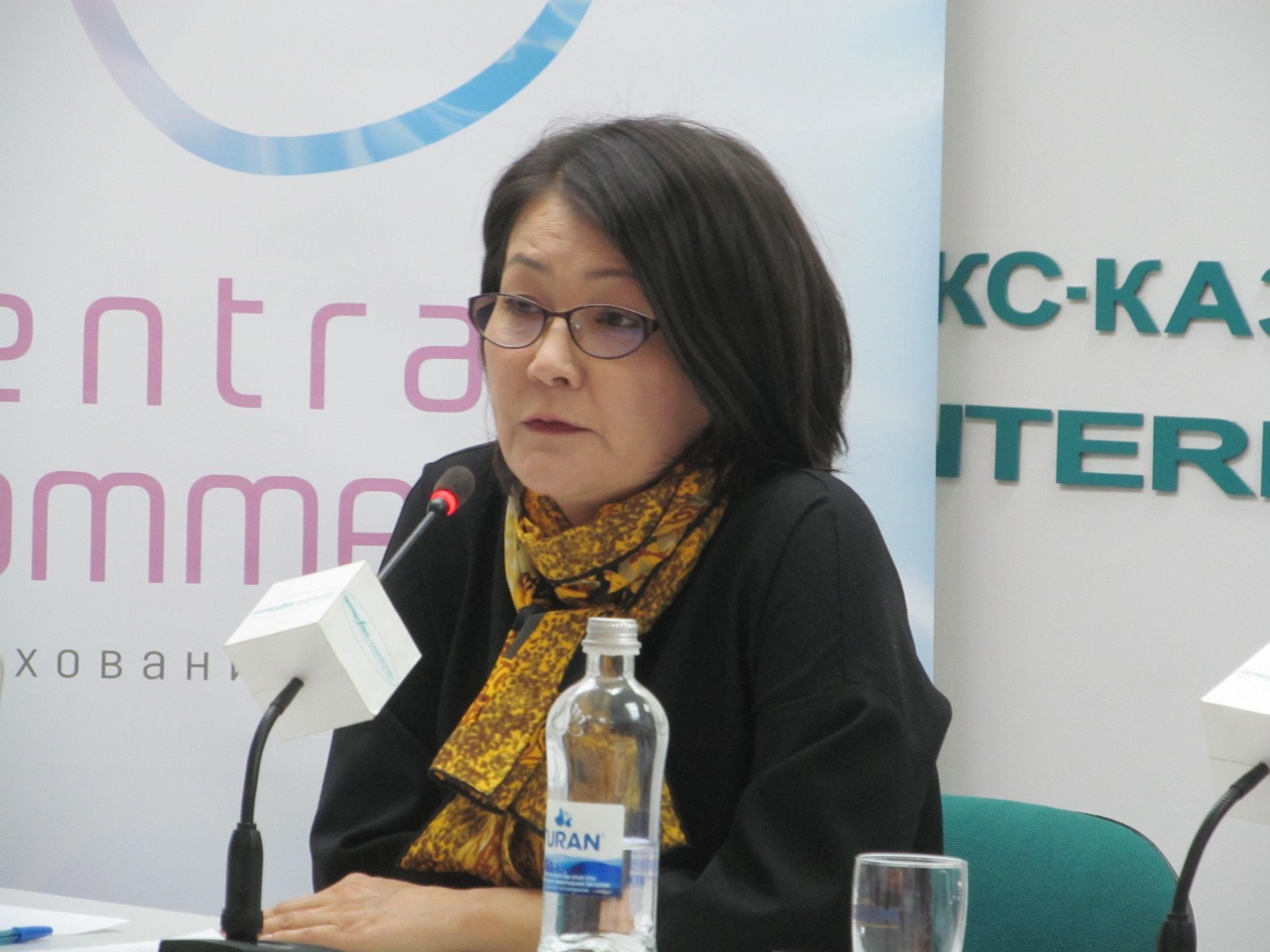In 2019, insurers filed 12.2 thousand applications with law enforcement agencies, criminal cases were filed for 19% of the applications, and less than 1% reached the court. Sergey Efremov, the Vice President of All-Russian Union of Insurers (ARIA) cited such statistics at the conference on insurance fraud control. He informed that the amount of companies’ loss from the actions of fraudsters was 8 billion rubles last year (such statistics have not been kept previously, so it is difficult to track the trend). The bulk of fraud cases accounted for Third Party Liability (TPL) insurance - 87% (a year earlier, its share was 90%). In relation to the amount of total TPL insurance payments, the share of loss from fraudsters is 5.7%.
The companies point out that malpractices have begun to migrate to other types of insurance with a higher average loss rate to the insurer. “The average bill” for insurer contacting the police for compulsory motor third-party liability insurance is 250 thousand rubles,” explains Sergey Efremov. - It is 11.9 million rubles in the segment of property and liability insurance, in CNC insurance - 1.8 million rubles, in life and health insurance - 869.7 thousand rubles; in insurance for people traveling abroad - 458.2 thousand rubles.” ARIA expects that the situation with fraud will develop in accordance with the American scenario: the level of questionable payments is 15% in the United States, the main share of fraud is in life insurance with its high “average check”.
So far, insurers cannot effectively resist scammers. According to Igor Fatyanov, the Executive of Zetta Insurance, security officers are conducting investigations but with a little practical benefit. “They can write a detective story based on the results,” he says ironically. However, according to him, not being a participant in the criminal process, insurance detectives actually work in vain. The state spends money on collecting the same evidence in cases of fraud by investigators or detectives. Therefore, insurers want to empower their investigation services. According to Igor Fatyanov, it is necessary to increase the status of investigations of insurance detectives and give them the authority to interview witnesses, send inquiries, and inspect premises and vehicles.
The new powers of insurance detectives will require legislative changes. The State Duma is already preparing amendments to the law on private detective work. The working group is planning to include “collection of information on establishing the fact and reasons for the insured event occurrence” in the detective service list. This is not about giving detectives the right to conduct operational investigative measures and carry out a full investigation, but expecting that such amendments would increase the chances of identifying fraudsters. It is also proposed to endow insurance detectives with the limited inquiry function that the Russian Federation Code of Criminal Procedure now provides, in particular, to sea captains and leaders of geological exploration parties and winter camps. State Duma deputy Anatoly Vyborny expects such amendments to be introduced later this year. However, the problems of insurance investigators are not only of legislative character. The adviser to the Central Bank insurance market department Andrei Zhukov noted yesterday that the insurers' investigation services lacked qualifications, niche expertise in the stolen vehicle search, low efficiency and high investigation cost. ARIA promises that it would coordinate the standards for the insurance detective work with the Central Bank.
Photos are from open sources.





